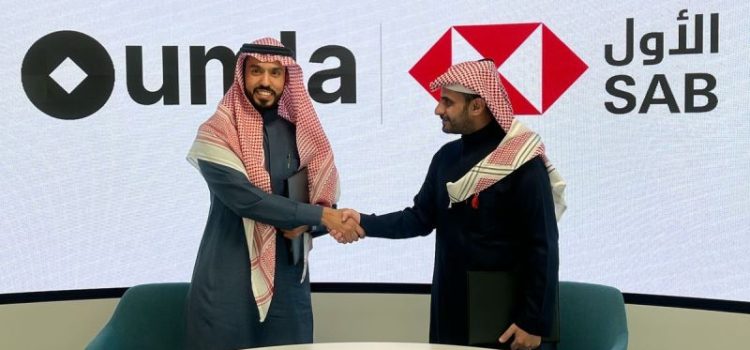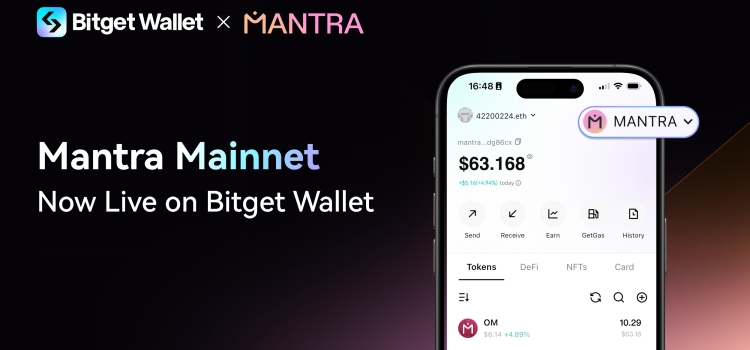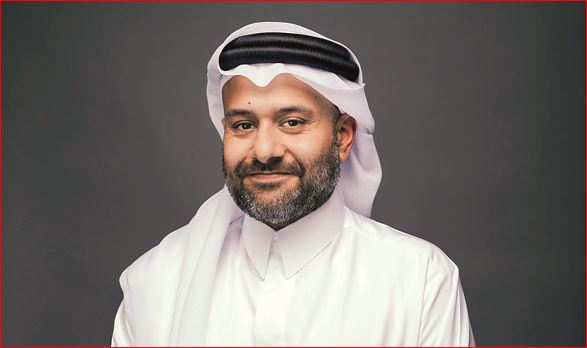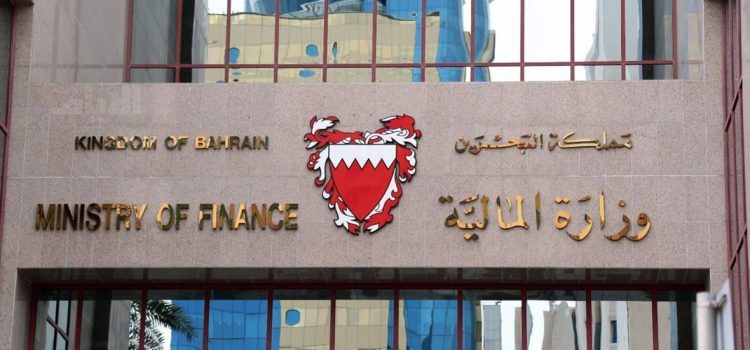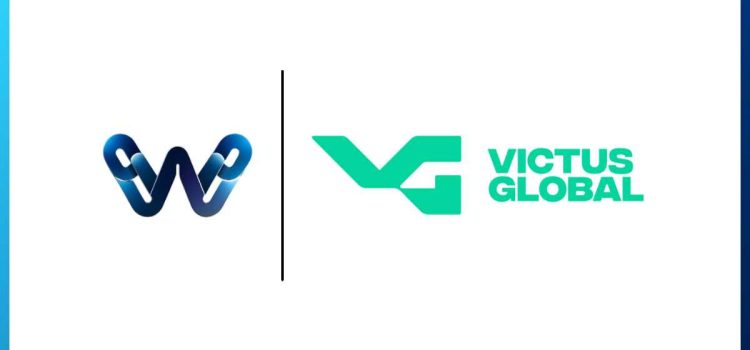Saudi Arabia in the first two days of the LEAP 2025 conference has attracted $22.4 billion worth of investments in technology and artificial Intelligence fueling as well datacenter expansions in the country.
Datacenters grow exponentially in KSA
Datacenters for AI and other technologies has become the major cornerstone of investments in Saudi Arabia.
Examples of these investments include NEOM’s collaboration with Datavolt to invest $5 billion to build the world’s first fully sustainable AI data center with a capacity of 1.5 gigawatts in OXAGON. Not only that but Mobily telecom announced an investment of $911 million in strategic projects to develop digital infrastructure, including submarine cables and the development of data centers in Saudi Arabia.
Alfanar Company revealed an investment of $1.4 billion to develop four data centers with a capacity of 88 gigawatts, to support the growth of the digital economy and develop business solutions. While Zoom is investing $75 million to boost artificial intelligence and innovation, and to establish new data centers to support technology companies and government agencies in Saudi Arabia.
Further more, Palo Alto-based AI company SambaNova Systems announced $140 million in investments in Saudi Arabia’s AI infrastructure, partnering with the Ministry of Communications and Information Technology (MCIT) and the RDIA’s National Semiconductor Hub. SambaNova CEO Rodrigo Liang announced that the company is also launching a Sovereign LLM-as-a-Service in collaboration with STC AI, offering the world’s largest open source model LAMA 405B and running other capabilities such as STC’s Enterprise GPT. Liang also announced that SambaNova will soon offer the full DeepSeek 671 billion parameter R1 model on SambaNova Cloud. The model will be made available to select customers first, before being made more widely accessible.
Saudi Arabia unveiled technology investments and strategic partnerships worth $14.9bn at the LEAP technology conference in Riyadh on February 9, marking a significant expansion of the kingdom’s artificial intelligence and digital infrastructure.
Groq also announced it would $1.5bn to establish the world’s largest AI-focused data center in the kingdom. Even Google will also launch a global cluster in Saudi Arabia to meet regional and international AI demand.
“If you look at Saudi Arabia alone and put it in the EU region, it would be the fifth-largest tech hub in Europe,” said Communications Minister Abdullah Al-Swaha, noting that the region’s digital economy has grown 73% to reach $260bn, with Saudi Arabia representing 15% of this market.
There is also a $2bn joint venture between Ālat and Lenovo to build an advanced AI and robotics-driven manufacturing and technology centre, alongside establishing Lenovo’s regional headquarters in Riyadh.
Additionally, Zoom is set to announce the launch of a dedicated data center in Saudi Arabia along with new AI-driven innovations designed to meet the needs of businesses, government entities, and individuals in the Kingdom. Setting out plans for significant investment in Saudi Arabia over the next three years, Zoom’s VP – METAP Region, said the organization is aligned with Saudi Vision 2030 and the Kingdom’s rapid journey to becoming a global technology hub.
“Our presence in Saudi Arabia reflects the power of innovation, ingenuity, and collaboration,” said Mohannad AlKalash, VP – METAP Region. “Through investments in local infrastructure and the development of Arabic-language AI solutions, we are enabling businesses to thrive and lead in a rapidly evolving digital landscape. Together with the Kingdom, we are helping to build a future where technology fuels progress, opportunity, and sustainable growth.”
Furthermore, AMD has now opened a branch office in Riyadh to better support customers and partners in the Kingdom of Saudi Arabia (KSA).
“Saudi Arabia is one of the world’s fastest-growing technology marketplaces and Leap 2025 serves as an ideal opportunity to showcase our leading-edge technologies and innovative solutions for the HPC and Enterprise markets”, said Zaid Ghattas, META Regional Lead, AMD. “Establishing an official presence in the Kingdom underlines the growing importance of the Kingdom and we are excited about the opportunities this will bring”.
DeepSeek enters KSA
Chinese artificial intelligence firm DeepSeek has begun operating through Aramco Digital’s data centres in Dammam, Saudi Arabia, marking another significant development in the kingdom’s expanding AI infrastructure, company officials announced on February 9 at the conference.
“The data is stored locally and never transferred elsewhere once used,” said Tariq Amin, former CEO of Aramco Digital, during his conference address in Riyadh. “We anticipated the world’s need for proper AI model inference and operations, particularly with DeepSeek,” he added.
The announcement comes as DeepSeek, has expanded into Saudi Arabia through Aramco Digital’s facilities.
Prince Alwaleed KBW ventures to invest 30% in MENA
In an interview with AGBI magazine, Saudi investor Prince Khaled bin Alwaleed’s KBW Ventures which historically has invested 90 percent of its funds in US companies is now keen to invest closer to home, according to its chief investment officer. CIO Ekta Tolani says KBW Ventures now wants to invest at least 30 percent of its funds in the Mena region, particularly Saudi Arabia, and has a renewed focus on profitability, not just growth.
Hodler Investments launches NEXGEN to energize datacenters in KSA
HODLER INVESTMENTS, a UAE based investment company, headquartered in the Dubai, which includes in its portfolio energy, AI, and digital asset mining startups such as PermianChain, Brox Equity and others; and Abu Dhabi’s EHC Investment which leads multiple businesses with operations and investments across the energy, infrastructure, firefighting technology and system integration services signed a strategic partnership to launch NEXGEN.
NEXGEN will support the creation of a compliant digital energy market to supply critical energy infrastructure that will monetize wasted energy such as flared gas in the UAE, KSA, and Egypt with the aim of hosting global data center operators, reducing carbon emissions and contributing the Digital Energy Infrastructure (DEI) Fund, a local decarbonization innovation fund.









